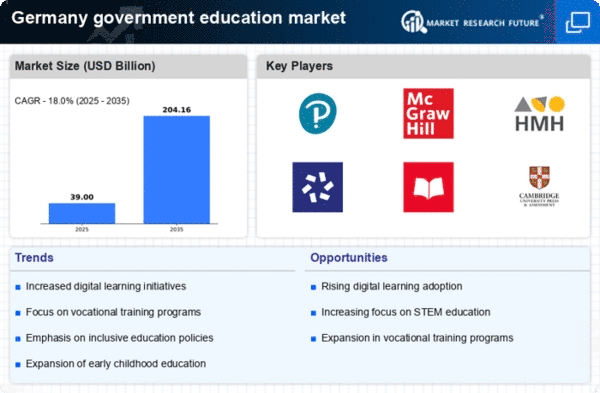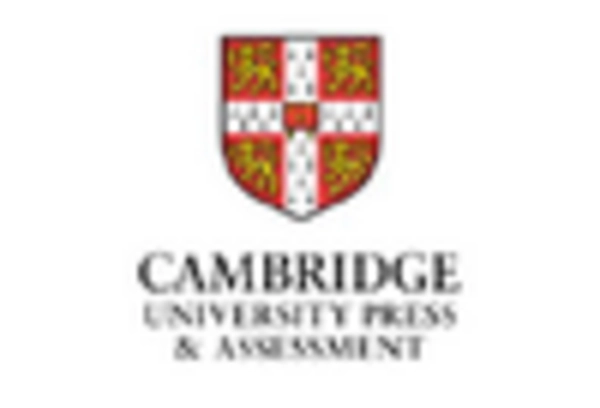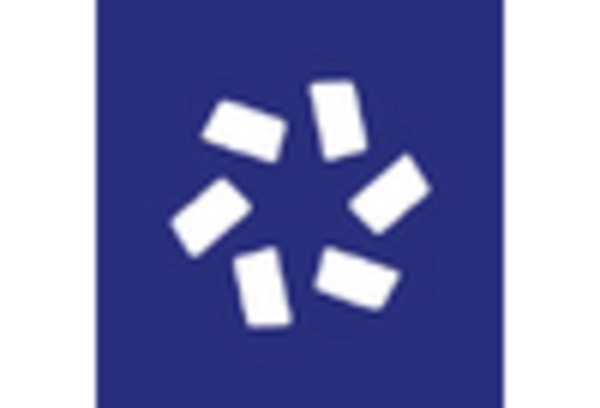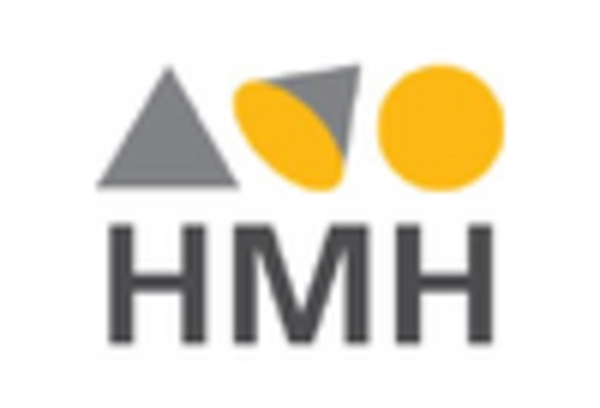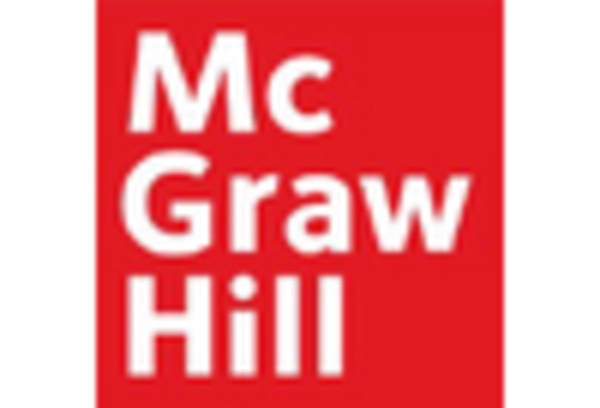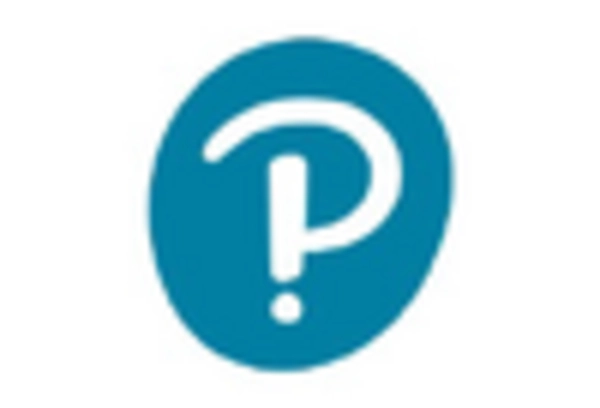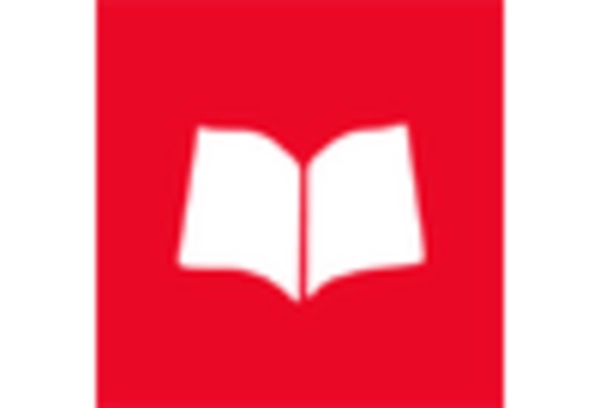Emphasis on STEM Education
The government education market in Germany is witnessing a growing emphasis on Science, Technology, Engineering, and Mathematics (STEM) education. This trend is driven by the increasing demand for skilled professionals in these fields, which are crucial for the country's economic growth. Recent statistics indicate that around 30% of students are now enrolled in STEM-related programs, reflecting a shift in educational priorities. The government education market is responding to this demand by integrating STEM curricula into schools and promoting partnerships with industries. Such initiatives not only enhance students' employability but also contribute to innovation and competitiveness in the global market.
Increased Government Funding
The government education market in Germany is experiencing a notable increase in funding allocations. In recent years, the federal and state governments have committed to enhancing educational infrastructure, with an investment of approximately €15 billion aimed at modernizing schools and educational facilities. This financial boost is expected to improve the quality of education and expand access to resources. The government education market is likely to benefit from these investments, as they facilitate the implementation of innovative teaching methods and technologies. Furthermore, the focus on equitable funding distribution aims to address disparities in educational access across different regions, thereby fostering a more inclusive environment for all students.
Promotion of Multilingual Education
The promotion of multilingual education is becoming increasingly relevant in the government education market in Germany. With a diverse population, there is a growing recognition of the importance of language skills in fostering social cohesion and economic integration. Recent studies indicate that multilingual programs can enhance cognitive abilities and cultural awareness among students. The government education market is responding by implementing policies that support language learning from an early age, with an emphasis on both native and foreign languages. This approach not only prepares students for a globalized world but also enriches the educational experience, making it more inclusive and reflective of Germany's multicultural society.
Integration of Digital Learning Tools
The integration of digital learning tools is transforming the government education market in Germany. Schools are increasingly adopting e-learning platforms and digital resources to enhance the learning experience. Recent data suggests that over 60% of schools have implemented some form of digital learning technology, which is reshaping traditional teaching methods. The government education market is likely to see continued growth as educators leverage these tools to foster interactive and personalized learning environments. This shift not only prepares students for a technology-driven workforce but also addresses the diverse learning needs of students, making education more accessible and engaging.
Focus on Teacher Training and Development
Germany is placing a strong emphasis on teacher training and professional development. Recognizing that effective teaching is pivotal to student success, the government has initiated various programs aimed at enhancing teachers' skills and competencies. Recent initiatives have allocated approximately €500 million for ongoing professional development, which includes workshops, seminars, and collaborative learning opportunities. The government education market is likely to benefit from this focus, as well-trained educators are essential for implementing innovative teaching strategies and improving overall educational outcomes. This investment in human capital is expected to yield long-term benefits for the education system.


